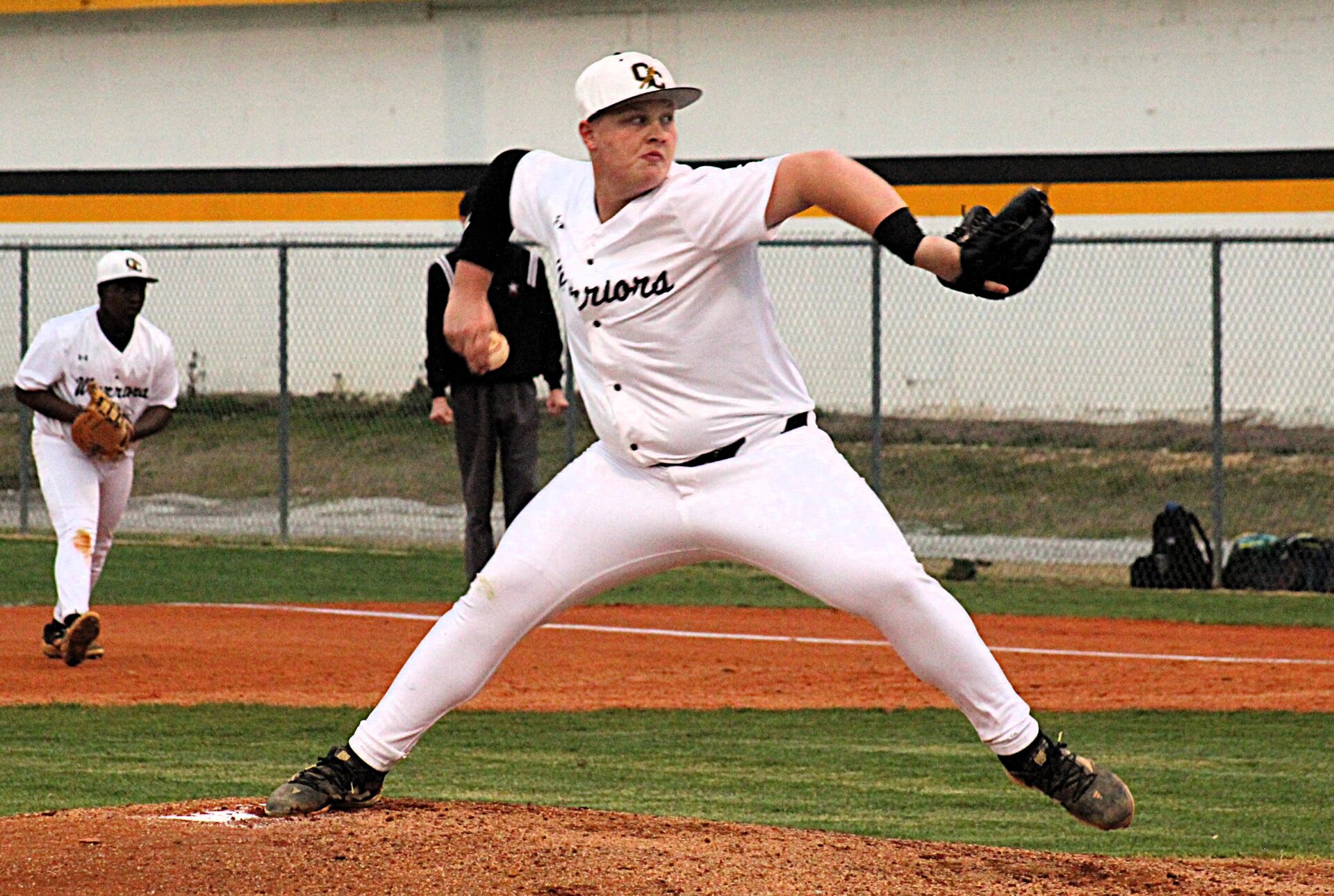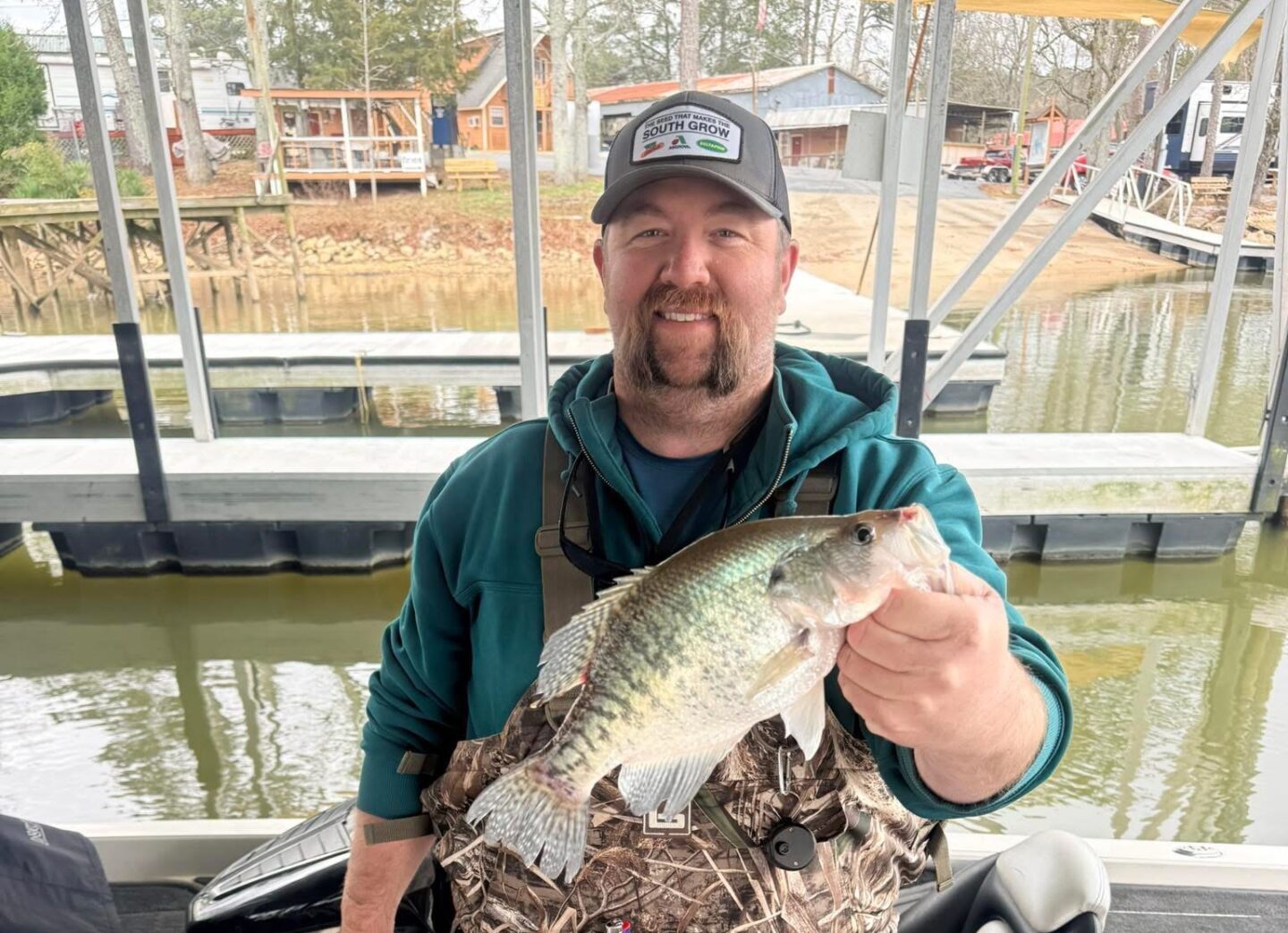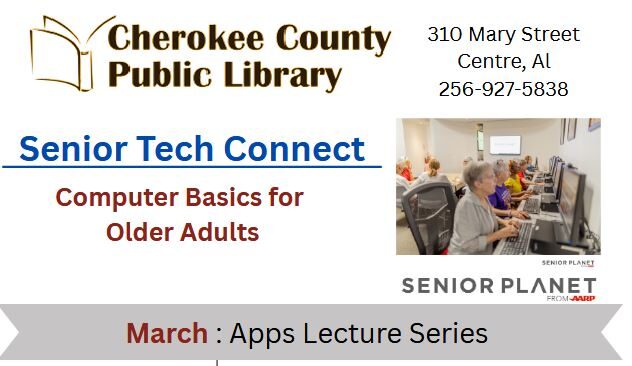
(WASHINGTON) — Whether it is a hurricane, major tornado, wildfire or anything in between, disasters “don’t discriminate” in where they will be and whom they might affect, according to the outgoing top emergency manager.
“We know that these types of severe weather events, they don’t have borders, they don’t discriminate and we [at] FEMA … have the ability to make sure that anyone impacted doesn’t have the barriers to access our programs,” outgoing Federal Emergency Management Agency Administrator Deanne Criswell told ABC News.
Criswell, a member of the Air National Guard for 21 years, has also been the top emergency manager in Aurora, Colorado, and in New York City.
“All disasters start and end at the local level, and our job as federal emergency managers is to enable their ability to be successful, and I’ve been in their role,” she said.
The outgoing administrator said she “never lost sight” of putting herself in the local emergency managers’ shoes and made policy changes based on that thinking.
Criswell noted she received criticism for putting “equity” into her strategic plan to run the agency but defended it, saying the agency needed a “mindset shift” to reach everyone who may be affected by a disaster.
“Having been a customer and understanding the barriers that people experience, whether that’s an individual or a small community, and being able to remove those barriers so everybody has the ability to get what they’re eligible for, was my focus with equity, and I know that there’s naysayers out there that want to say that equity is about picking and choosing winners and losers or however they want to phrase it, but that’s not what this was about,” she said. “This was about removing barriers, helping people through their toughest day in the way that the federal government was designed to do.”
Criswell said the agency is “nonpartisan” and that it should stay that way.
“The only way that we are going to be successful in helping communities recover, helping them rebuild in a way that makes them more resilient to future events, is by maintaining that level of nonpartisanship because if we don’t have it, then we’re going to also lose trust in the communities that we’re going in there to help,” she explained. “Without that trust, we’re not going to be able to help them with their immediate needs, and we’re not going to be not going to be able to help them with their long-term rebuilding.”
She said every disaster she responded to during her time as administrator was “different” and “unique,” including wildfires in Los Angeles, hurricane devastation in western North Carolina and crippling tornadoes in Arkansas.
“I think maybe what’s challenging is that every one I go to, it never got any easier,” she said. “It never got any easier to see people lose so much and want to be able to do whatever we could to help them on this road to recovery, knowing that we can only jump-start that process.”
During her time as administrator, she said she tried to meet people where they were and “could not make decisions about how to implement the response in the recovery from an office in Washington, D.C.”
Criswell said she got to know governors from across the country, both Republicans and Democrats, and saw the care they felt for their states during tragedies big and small.
“I reach out to every governor when something has happened, sometimes even small things that are happening,” she said. “When it comes to helping their communities, their people that have been impacted by natural disasters, I get to see the human side of every one of our state leaders, and they all care so deeply about the people that they were elected to serve.”
Part of the job as FEMA administrator is traveling to disaster zones, often with the president.
Just after Criswell was confirmed as administrator, a condominium complex in Surfside, Florida, collapsed. She and President Joe Biden visited the families who were affected. Criswell said loved ones and survivors were gathered in a room waiting to hear the status of their homes and family members when the president walked in.
“President Biden and the first lady came in, and he walked around and talked to every one of them, and what I saw that day — and then I saw every single disaster following that — was just the human side of how he approached these horrible events, and he didn’t walk around and just shake a hand and move on,” she said. “He sat and had meaningful conversations. He shared his own stories of personal tragedy.”
All told, Criswell said, he spent three hours meeting with and talking to victims.
“I have traveled with President Biden to more disasters than I ever expected to. And I told him — Mr. President, I never thought I’d have to see this much,” she said, adding that he’d always give a chuckle.
Criswell said FEMA will continue to have challenges in battling misinformation.
“We are in a new information environment, and we have to find ways to be more proactive, to build relationships with trusted leaders and communities that they can help be force multipliers [in] us getting the right message out,” she said, adding that it is something the agency has always had to deal with.
“The level … that we’re seeing divisiveness created through some of the information that’s going out there is just going to be something we have to face going forward, and we’re going to have to work on how do we get ahead of that and how do we find trusted voices in communities to help us get the real information out there,” she said.
Criswell said that in the end, it is all about helping people and getting the right information out to the right people.
Copyright © 2025, ABC Audio. All rights reserved.




